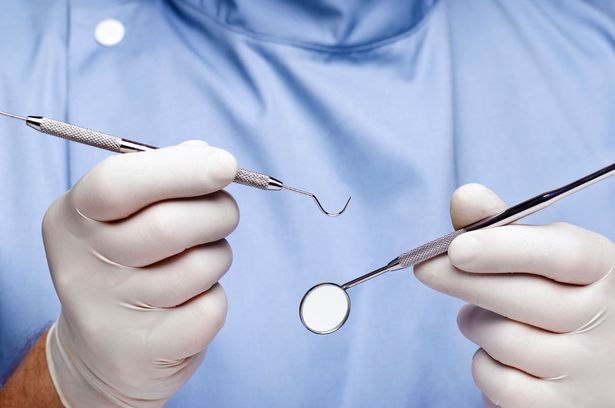Wisdom Tooth Extraction – When And How It Will Be Done
There are four wisdom teeth (third molars) in each adult. These teeth erupt between the age of 17 and 25. For some people, there is absence of space in the jawbone to accommodate these teeth, which in turn causes painful problems. Often the pain subsides on its own, but for some people these teeth have to be removed. It is done by an oral surgeon or dentist.

You need to extract the wisdom teeth, if there are dental problems such as
• Pain
• Bleeding gums
• Headache
• Surrounding bone is damaged
• Adjacent tooth is damaged
Having wisdom extracted:
Your oral surgeon will give you information about preparing for the surgery. There might be complications for smokers. Hence, they are advised to stop smoking weeks before the dental in Mandurah. You would be required to sign a form of consent agreeing that they are aware about the risks involved with the treatment. Your dentist would use local sedation or general anesthesia.
Local anesthesia: This is given near the area of extraction. To numb your gums a substance is applied. You will be conscious throughout the surgery, but you won’t feel any pain.
Sedation anesthesia: This is given through an IV line and you will not be conscious while the surgery is done. Local anesthesia will also be given to your gums.
General anesthesia: You may have an intravenous line or inhale medication or both. After you lose consciousness, your temperature, medication, blood pressure, fluids and breathing are monitored by the surgical team.
Your dentist would suggest you not to take food or drink anything after midnight before the day of the surgery, as you would be given anesthesia.
During the removal of wisdom teeth:
• An incision is made in the gum tissue to uncover the bone and the tooth.
• The both blocking access to the root of the tooth is then removed.
• In case the tooth is large, instead of extracting it as a whole, it is drilled into smaller pieces.
• The tooth is then removed.
• If there is any debris, it is cleaned too.
• The dentist then uses dissolvable stitches so that your gum heals.
• Gauze is placed over the site of extraction to control bleeding.
There may be a delay in the surgery, if the tooth is infected already. You would be advised to take antibiotics for a week before proceeding with the surgery. Prescription painkillers can also be taken after the surgery, but it is better to ask for the prescription from your doctor, especially if you are taking any other medication.
